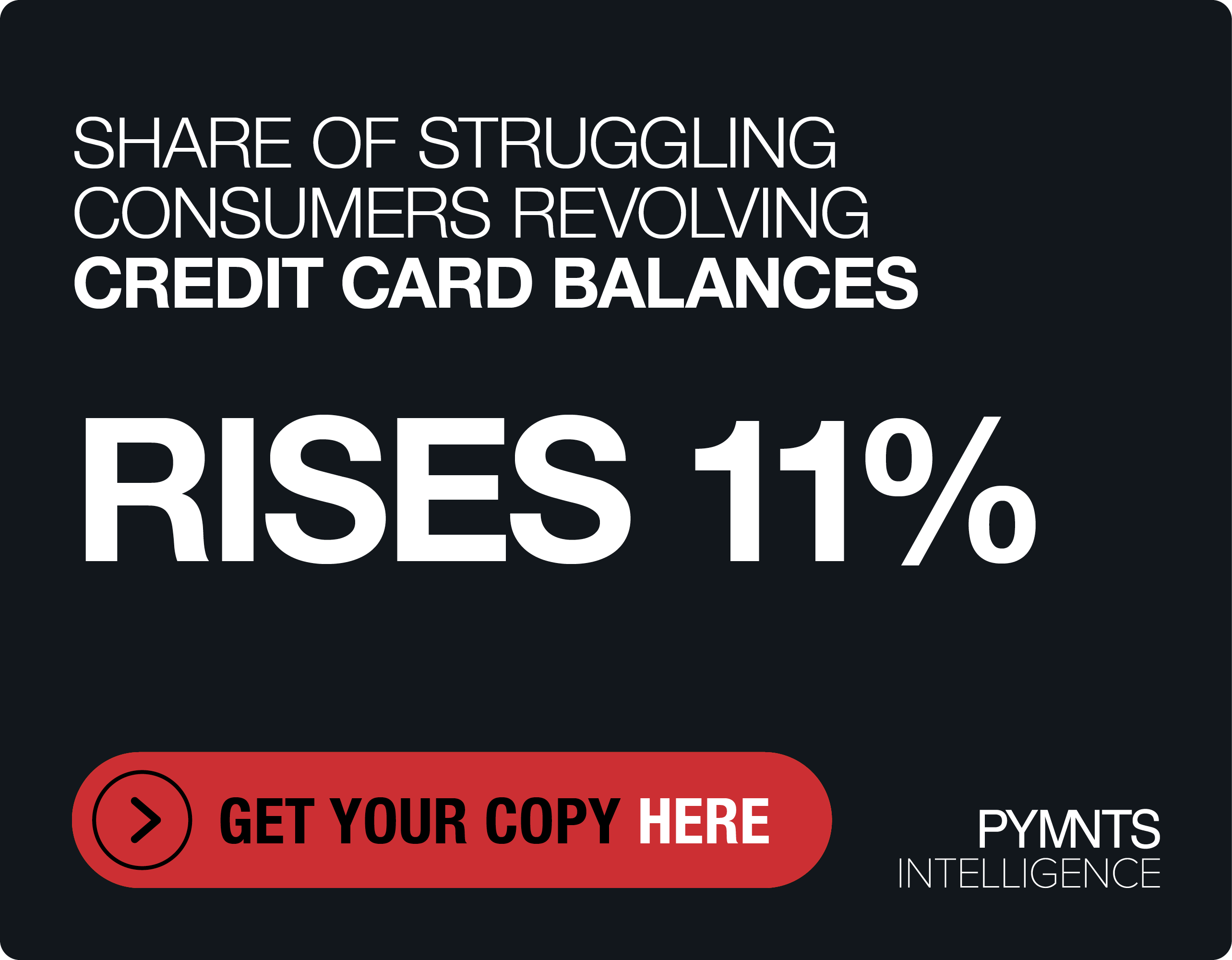Will Consumers Pay The Price For Lower Interchange Fees?
A recent report commissioned by MasterCard reveals that European consumers fear they will be the ones paying for the cost of reducing interchange fees. The study was conducted by Hall and Partners and surveyed 21,000 people in 21 European countries. Of those surveyed, 44% believe that a reduction in fees will not be passed on to customers through lower prices. MastercCard also presented two case studies, which pointed to an increase in cardholder fees as a result of a reduction of interchange fees in Australia and Spain. While the two are not necessarily connected, 79% of those interviewed for the survey believe they are and think they will be the ones paying for this cost.
The report follows MasterCard’s court battle with the European Commission. In May this year the General Court of the European Union ruled that MasterCard’s multilateral interchange fees were contrary to EU competition law. “The MasterCard payment organisation and the companies representing it – MasterCard Inc. and its subsidiaries MasterCard Europe and MasterCard International Inc. – were therefore ordered to bring the infringement to an end by formally repealing the MIFs within six months, failing which they would be fined 3.5% of their daily consolidated global turnover,” the ruling reads.
The EC also came after Visa to protest against its multilateral interchange fees for transactions with consumer credit cards in the European Economic Area. The Commission’s preliminary view is that these MIFs restrict competition between banks and infringe EU antitrust rules that prohibit cartels and restrictive business practices. Visa Europe has tried to reassure its cardholders by stating on its website that it is their members who pay for fees, not cardholders or retailers. A reduction in interchange fees would not necessarily mean an increase in cardholder fees to maintain Visa’s gains from card transactions in the European Economic Area.
